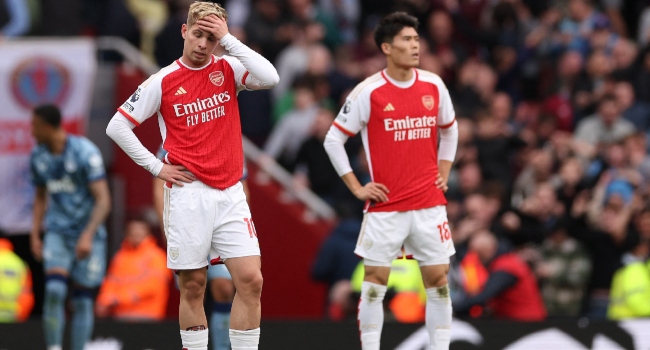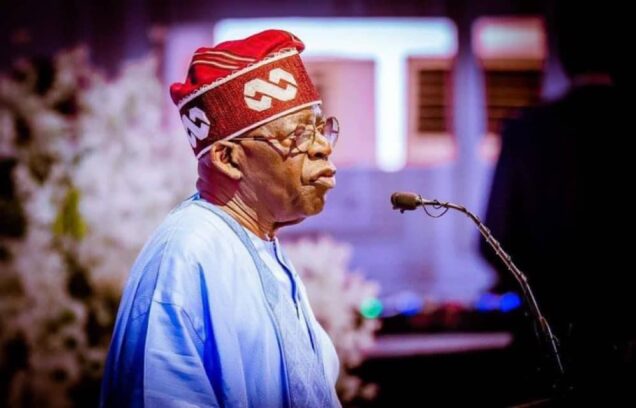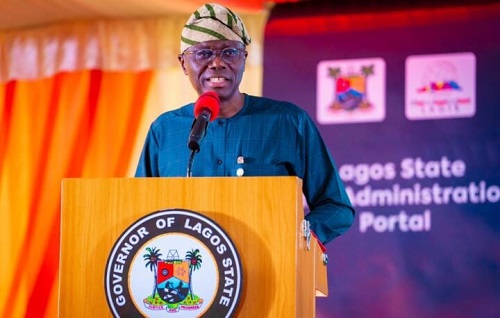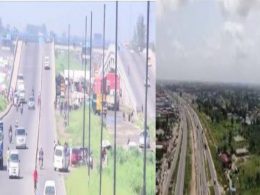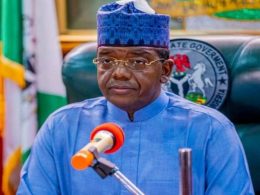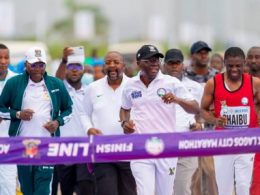“Hoodlums” wearing military uniforms may have shot Nigerian protesters campaigning against police brutality and it was too soon to tell if soldiers were involved, the country’s attorney general said on Monday.
Demonstrations across the country turned violent on 20 October when witnesses in Lagos said the military opened fire on peaceful protesters in the upmarket Lekki district shortly after local authorities imposed a 24-hour curfew, drawing international condemnation.
Soldiers and police killed at least 12 people in two Lagos neighbourhoods on 20 October, according to witnesses and rights group Amnesty International. The army and police have denied involvement.
Attorney General Abubakar Malami told reporters in the capital, Abuja, the matter was being investigated and there was a need to establish whether the shooting took place, who was responsible and whether the people who were shooting were part of the military.
“You cannot rule out the possibility of perhaps hoodlums that set in to create a scene… could equally partake in the process,” Malami said at the news conference, which was also attended by government officials including the defence minister and finance minister.
He also said it was “pre-emptive” to conclude that there had even been a shooting.
Lagos state has ordered an investigation into the incident.
Last week the military said the Lagos state government asked the army to intervene to restore order, but soldiers did not shoot civilians.
Nationwide protests against alleged human rights abuses by police sparked some of Nigeria’s worst street violence since it returned to civilian rule in 1999. Police last week said 22 of its personnel were killed in the violence and 205 police stations were damaged.
The unrest, which has largely died down, has posed the biggest political challenge faced by President Muhammadu Buhari since he took office in 2015.


